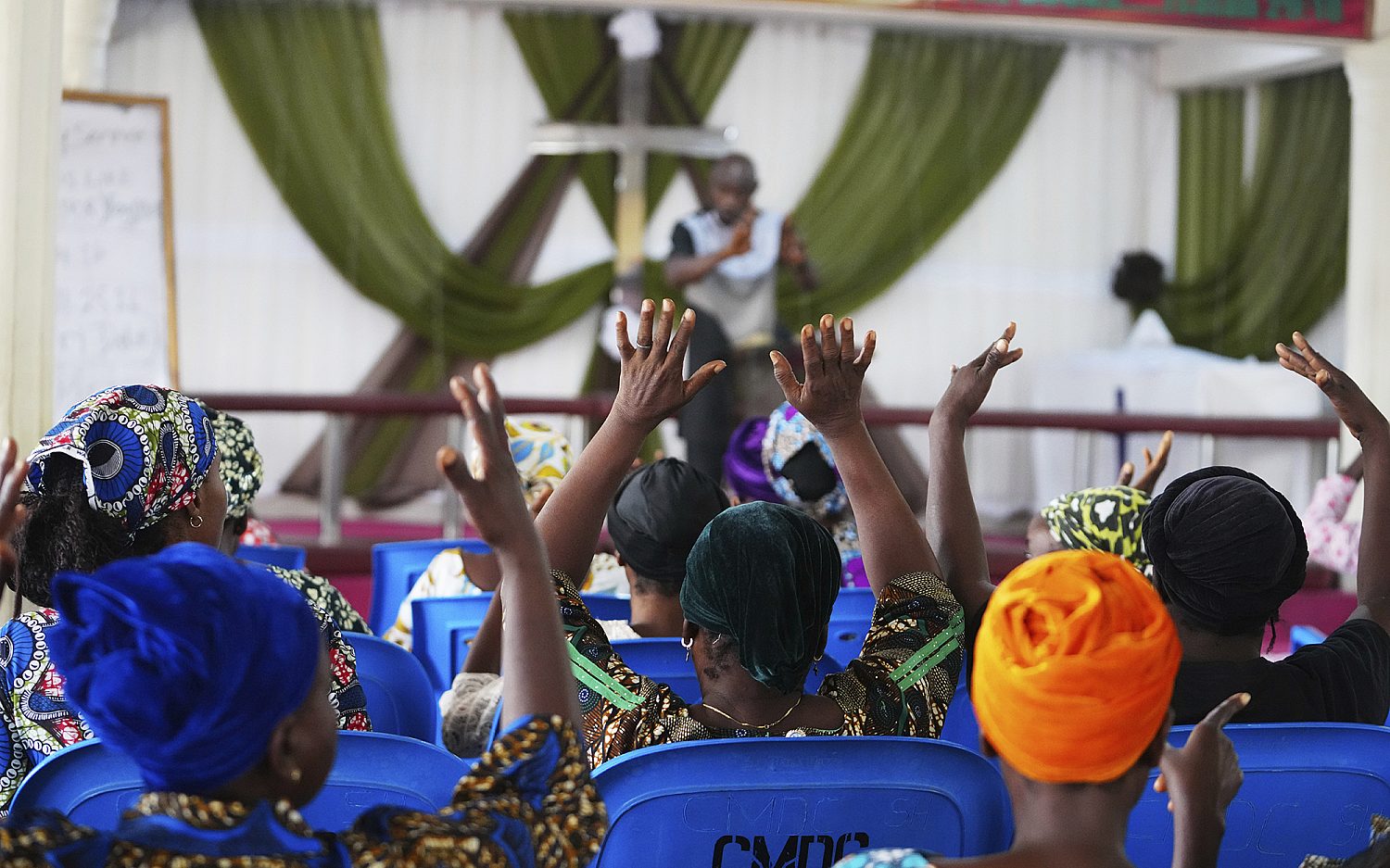War-torn South Sudan now faces famine
The UN warns conditions could deteriorate by next year
Some 3.6 million South Sudanese are facing severe food insecurity and the number could increase by next year, the World Food Program (WFP) warned in its latest situation report.
The United Nations agency said the number of people in need of food has doubled in the past year, with some 600,000 people residing in urban areas. The increasing food insecurity has affected 56 percent of South Sudan’s Unity state population, 47 percent in Western Bahr el Ghazal, and another 60 percent in Northern Bahr el Ghazal state.
The number of people facing severe hunger is expected to increase to 4.6 million by the first quarter of next year.
“The scale of food insecurity remains unprecedented in South Sudan, despite seasonal improvements that are typical of the harvest season,” the report said.
South Sudan’s conflict began in 2013 between forces loyal to President Salva Kiir and former Vice President Riek Machar. The opposing forces signed a peace deal last year, but the fighting has persisted. Renewed skirmishes in July extended the crisis to previously unaffected areas. Thousands of people have died, and the conflict has displaced more than two million people.
The ongoing conflict and continued displacement have disrupted trade and led to poor harvests across the country. Many farmers are unable to reach their land, including in the country’s “food basket” region in the Greater Equatoria Guinea. The United States last week warned of an imminent attack in the Equatoria region, which has become the center of renewed clashes between the warring factions.
The Food and Agricultural Organization last month warned South Sudan’s risk of facing a famine is becoming increasingly real, especially for the most vulnerable communities. The agency said the current harvest produced some food, which will deplete quickly in coming months.
“The renewed violence has had severe repercussions on agricultural production and stability needs to be restored to enable farmers to return to their fields,” said Serge Tissot, a representative with the group. “There is a need to act now to prevent a catastrophe.”
An actual newsletter worth subscribing to instead of just a collection of links. —Adam
Sign up to receive The Sift email newsletter each weekday morning for the latest headlines from WORLD’s breaking news team.





Please wait while we load the latest comments...
Comments
Please register, subscribe, or log in to comment on this article.